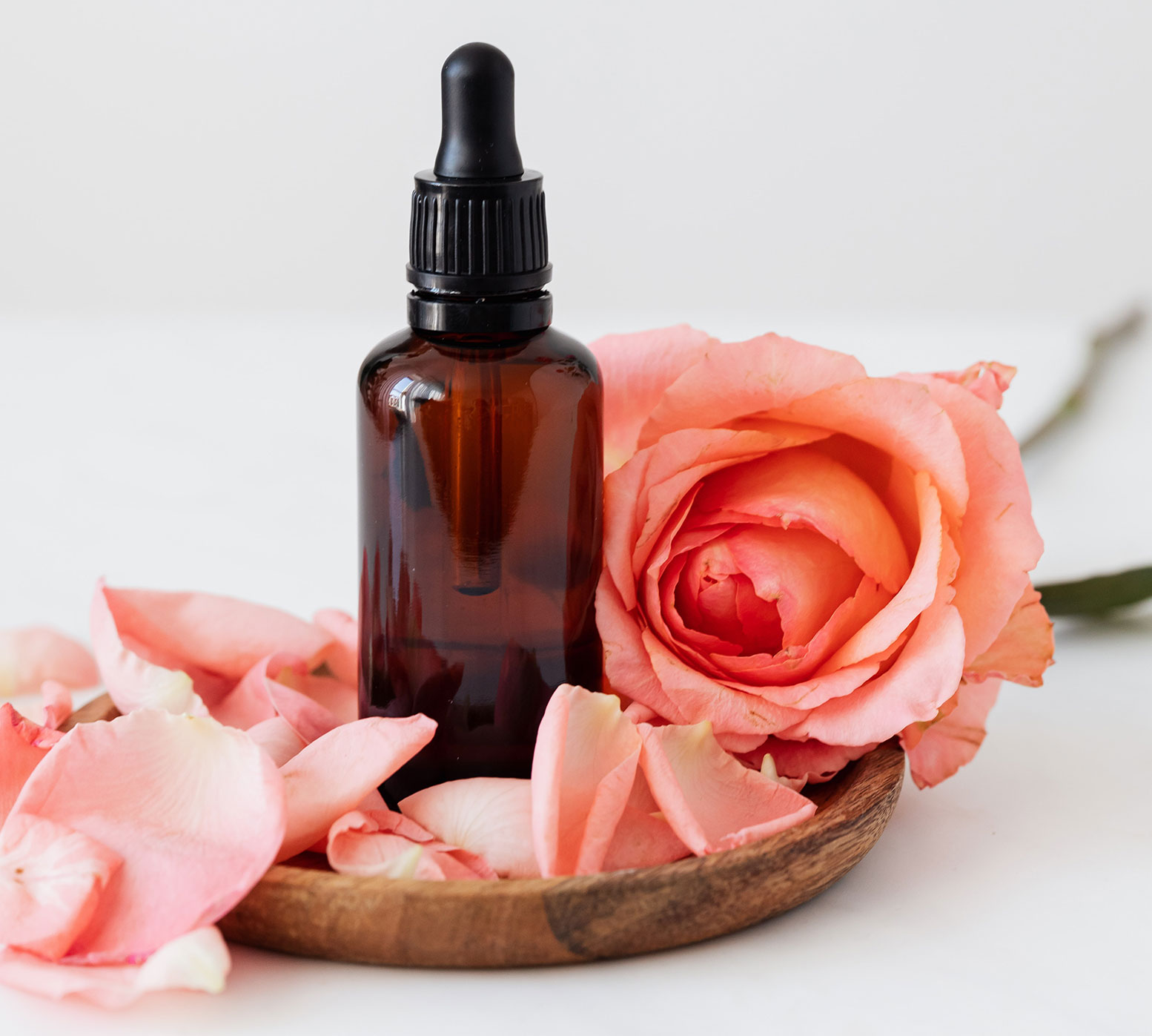N Natural Remedies
Essential Oils and Aromatherapy: Harnessing Nature’s Aromas for Wellness
By
Beauty Doctor MD August 7, 2023

The use of essential oils and aromatherapy has been a part of human history for centuries. Derived from various plants and their parts, essential oils are potent extracts that carry the essence and fragrance of the plant. These aromatic compounds are not only pleasing to the senses but also offer a range of potential health benefits. In this article, we’ll delve into the world of essential oils and explore the practice of aromatherapy, uncovering their potential to enhance well-being.

Understanding Essential Oils
Essential oils are natural compounds extracted from plants using methods such as steam distillation or cold pressing. Each oil carries the unique aroma and therapeutic properties of the plant it’s derived from. These oils are highly concentrated, and even a small drop can have a powerful impact. The use of essential oils for healing dates back to ancient civilizations, where they were utilized for their medicinal and spiritual properties.
The Practice of Aromatherapy
Aromatherapy is the art and science of using essential oils for therapeutic purposes. The inhalation of these aromatic compounds, often through methods such as diffusion, can influence physical, emotional, and mental well-being. The scents of essential oils interact with the olfactory system and can trigger various responses in the body.
Benefits of Aromatherapy
Aromatherapy offers a myriad of potential benefits that contribute to overall wellness:
- Stress Relief and Relaxation: Certain essential oils, such as lavender and chamomile, are well-known for their calming effects. Inhaling these aromas can help reduce stress, anxiety, and promote relaxation.
- Improved Sleep Quality: Essential oils like lavender and bergamot are often used to promote better sleep. These scents can create a soothing environment that supports restful sleep.
- Mood Enhancement: Citrus oils such as orange and lemon have uplifting properties that can improve mood and alleviate feelings of sadness.
- Pain Management: Some essential oils, including eucalyptus and peppermint, possess analgesic and anti-inflammatory properties. When applied topically or inhaled, they can provide relief from minor aches and pains.
- Enhanced Cognitive Function: The aroma of rosemary essential oil, for example, has been linked to improved cognitive performance and focus.
Methods of Application
Aromatherapy can be practiced through various methods:
- Diffusion: Using an essential oil diffuser, you can disperse the aroma throughout a room. This method is effective for creating a relaxing atmosphere or supporting concentration.
- Topical Application: Some essential oils can be diluted with carrier oils and applied directly to the skin. This method is commonly used for massage or to target specific areas of discomfort.
- Inhalation: Inhaling essential oils by placing a few drops on a tissue, using an inhaler, or adding oils to hot water for steam inhalation can have immediate effects on mood and well-being.
- Bathing: Adding a few drops of essential oil to a warm bath can create a luxurious and therapeutic experience.
Safety Precautions
While essential oils offer numerous benefits, it’s crucial to use them safely:
- Dilution: Most essential oils are highly concentrated and should be diluted before topical application to prevent skin irritation. A general guideline is to use a 1-2% dilution rate.
- Patch Test: Before applying an essential oil to a larger area, perform a patch test on a small area of skin to ensure you don’t have an adverse reaction.
- Quality Matters: Choose high-quality, pure essential oils from reputable sources. Synthetic or adulterated oils may not provide the intended benefits and can even cause harm.
Selecting Essential Oils
Different essential oils offer unique properties and scents. Here are a few popular essential oils and their potential benefits:
- Lavender: Known for its calming and soothing properties, lavender essential oil is often used for relaxation and sleep support.
- Peppermint: With a refreshing aroma, peppermint oil can help alleviate headaches, improve focus, and provide a cooling sensation.

- Eucalyptus: This oil is commonly used for respiratory support and can help clear congestion when inhaled.

Conclusion
Essential oils and aromatherapy provide a natural and holistic approach to well-being. The scents of these aromatic compounds have the power to influence our emotions, soothe our minds, and even support physical health. Whether you’re seeking stress relief, better sleep, or an uplifted mood, incorporating essential oils into your daily routine can be a transformative experience. As you explore the world of aromatherapy, remember to prioritize safety and quality, and enjoy the journey of harnessing nature’s aromas for wellness.



